Remote Physiological Monitoring
Remote physiological monitoring is an advanced healthcare approach that leverages modern technology to continuously track and collect vital health data from patients, regardless of their location. This innovative method enhances patient care by providing real-time information to healthcare providers, enabling them to monitor and manage chronic conditions, post-surgery recovery, and overall health remotely. Here are key elements of remote physiological monitoring:
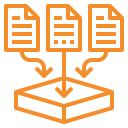

Continuous Data Collection:
Remote monitoring systems utilize various medical devices and sensors to collect essential physiological data, such as heart rate, blood pressure, glucose levels, oxygen saturation, and more. These devices can be worn or placed in a patient’s home.
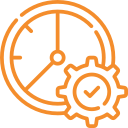

Real-Time Transmission:
Collected data is transmitted securely to healthcare providers or monitoring centers in real-time, allowing for immediate assessment and intervention if necessary. This real-time feedback can be critical for early detection of health issues.
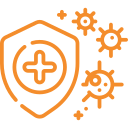

Chronic Disease Management:
Remote monitoring is particularly valuable for individuals with chronic conditions like diabetes, hypertension, heart disease, or respiratory disorders. It assists in tracking disease progression and adherence to treatment plans.
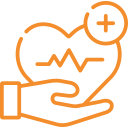

Post-Operative Care:
After surgeries or medical procedures, remote monitoring helps healthcare teams monitor patients’ vital signs and recovery progress from a distance, reducing the need for frequent in-person appointments.
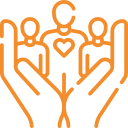

Personalized Care Plans:
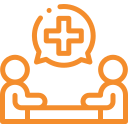

Patient Engagement:
Remote monitoring encourages patients to actively participate in their healthcare. Patients can access their own data and receive educational materials, enabling them to better understand and manage their conditions.


Early Intervention:
Remote monitoring allows for early detection of health deteriorations or deviations from baseline, enabling timely interventions and reducing hospital readmissions.
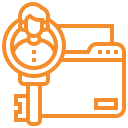

Improved Access:
This technology extends healthcare access to individuals in remote or underserved areas, as well as those with mobility limitations, making it easier for them to receive high-quality care.
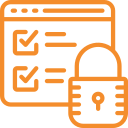

Data Security and Privacy:
Robust security measures are in place to protect patient data during transmission and storage, ensuring compliance with healthcare privacy regulations.


Cost-Effective Care:
Remote monitoring can lead to cost savings by reducing hospital admissions, emergency room visits, and unnecessary healthcare expenses associated with in-person visits.
Remote physiological monitoring represents a significant advancement in healthcare, offering a more patient-centric and efficient approach to managing health conditions. It enables healthcare providers to provide proactive, data-driven care, ultimately improving patient outcomes and enhancing the overall quality of healthcare delivery.
